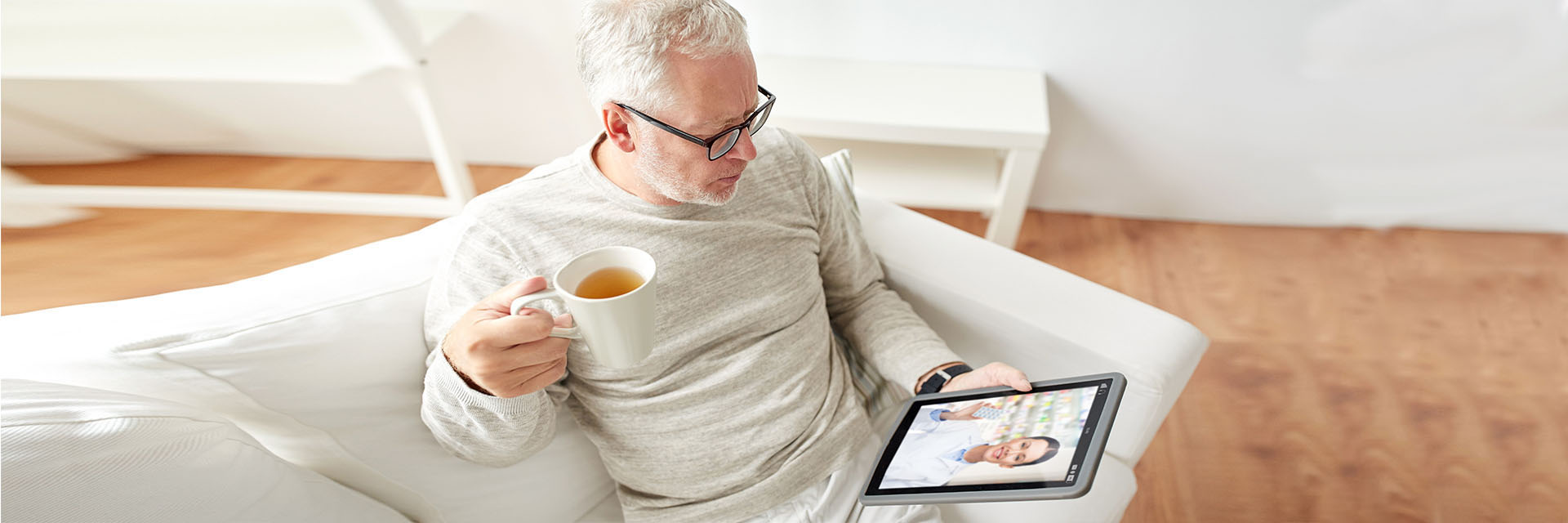You might love curling up with a warm cup of herbal tea, and for good reason — herbal teas have been used for centuries to promote wellness, calm nerves, and gently ease everyday symptoms. But here’s something many don’t realize: herbal teas aren’t always as harmless as they seem. Some can actually interfere with common medications, sometimes leading to side effects or reducing the effectiveness of your prescriptions.
It’s important you know the facts, so you can enjoy your brew with confidence.
Busting the “Natural Equals Safe” Myth
It’s easy to assume that “natural” means “safe,” but when it comes to herbs, that’s simply not true. The active compounds in herbal teas may interact with the way your medicine works in your body, sometimes speeding it up, slowing it down, or even blocking its action entirely. That’s why you always want to check with your doctor before adding a new herbal tea to your routine, especially if you’re taking medication for chronic conditions like heart disease, depression, anxiety, or diabetes.
Common Herbal Teas That Can Interact with Medications
Here are a few popular teas with potentially risky interactions:
Ginkgo Biloba Tea
- Why people drink it: Thought to support memory and cognition.
- Medication risk: May slow blood clotting and increase bleeding risk, especially if you’re taking blood thinners like warfarin, aspirin or NSAIDs. Ginkgo may also interact with antidepressants, raising the risk of serotonin syndrome or serotonin toxicity.
Serotonin is a crucial neurotransmitter that helps regulate various bodily functions, including mood, behavior, memory, digestion, appetite, and body temperature. When serotonin levels become too high, it can overwhelm the brain and body, leading to a range of symptoms from mild to severe. The first and most common symptom of serotonin toxicity is tremor: a shaking or jittery feeling that’s hard to ignore.
St. John’s Wort Tea
- Why people drink it: Often touted for mood support and depression.
- Medication risk: Can reduce the effectiveness of birth control pills, HIV medications, painkillers, and more. Combined with traditional antidepressants, it may also cause a dangerous rise in serotonin, like ginkgo biloba.
Chamomile Tea
- Why people drink it: Popular for anxiety and sleep.
- Medication risk: May interact with blood thinners, such as warfarin, and transplant medications, such as cyclosporine, possibly increasing bleeding risk or affecting immune response.
Ginger Tea
- Why people drink it: Eases nausea and boosts digestion.
- Medication risk: Like ginkgo and chamomile, ginger can increase bleeding risk when used with blood-thinning drugs.
Valerian Root Tea
- Why people drink it: Known for promoting restful sleep.
- Medication risk: Potentiates the sedative effect of prescription sleep aids, anxiety drugs (benzodiazepines), and other CNS depressants. May increase risk of extreme drowsiness and slowed reflexes.
Goldenseal Tea
- Why people drink it: Claims to help with colds and digestive problems.
- Medication risk: Can decrease levels of diabetes drugs like metformin, causing higher blood sugar.
Kava Tea
- Why people drink it: Traditionally used for stress relief.
- Medication risk: May interact with several medications — sedatives, anticonvulsants, antidepressants, and even birth control pills — sometimes leading to liver toxicity and other serious side effects.
Ashwagandha Tea
- Why people drink it: Traditionally used for relaxation or sleep.
- Medication risk: Could potentially interact with sedatives, thyroid medications, blood pressure meds, diabetes drugs, immunosuppressants, and more.
Even More to Watch: Other Common Herbs
Other popular herbs like echinacea, garlic, milk thistle, and green tea (in supplement form) can also interact with routine medications for heart, blood pressure, cholesterol, and more.
How These Interactions Happen
The compounds in herbal teas can change how your body absorbs, metabolizes, or excretes drugs. For example:
- Some teas reduce drug levels in the body.
- Others can increase the drug’s effects, potentially heightening side effects.
- Some may impact “narrow therapeutic index” medicines, where even a small change in drug levels can spell trouble (think warfarin, digoxin, cyclosporine, and others).
What You Can Do: Tips for Safe Sipping
- Always talk to your doctor or pharmacist before adding herbal teas, especially if you're on medications.
- Read labels and ingredients, even on tea bags—you might see ashwagandha, ginkgo, or other herbs you didn’t expect.
- Monitor your body: notice any changes if you've introduced a tea, such as unusual fatigue, bleeding, mood shifts, etc., and report them.
- Stick to trusted sources for advice — registered dietitians, pharmacists, or clinicians — and don’t assume “just one cup” is always safe.
- Use herbal teas in moderation, especially when using them for wellness and not under medical recommendation.
Final Sips
Enjoying herbal teas is a lovely ritual, but staying safe means sipping smart. Herbal teas certainly can enhance wellness, but they’re not universally benign, particularly when you're taking medications. Consult with your doctor or even the pharmacist if your store happens to have a pharmacy, ask questions, and don’t let the “natural equals safe” myth fool you. Your health — and peace of mind — are worth it.

